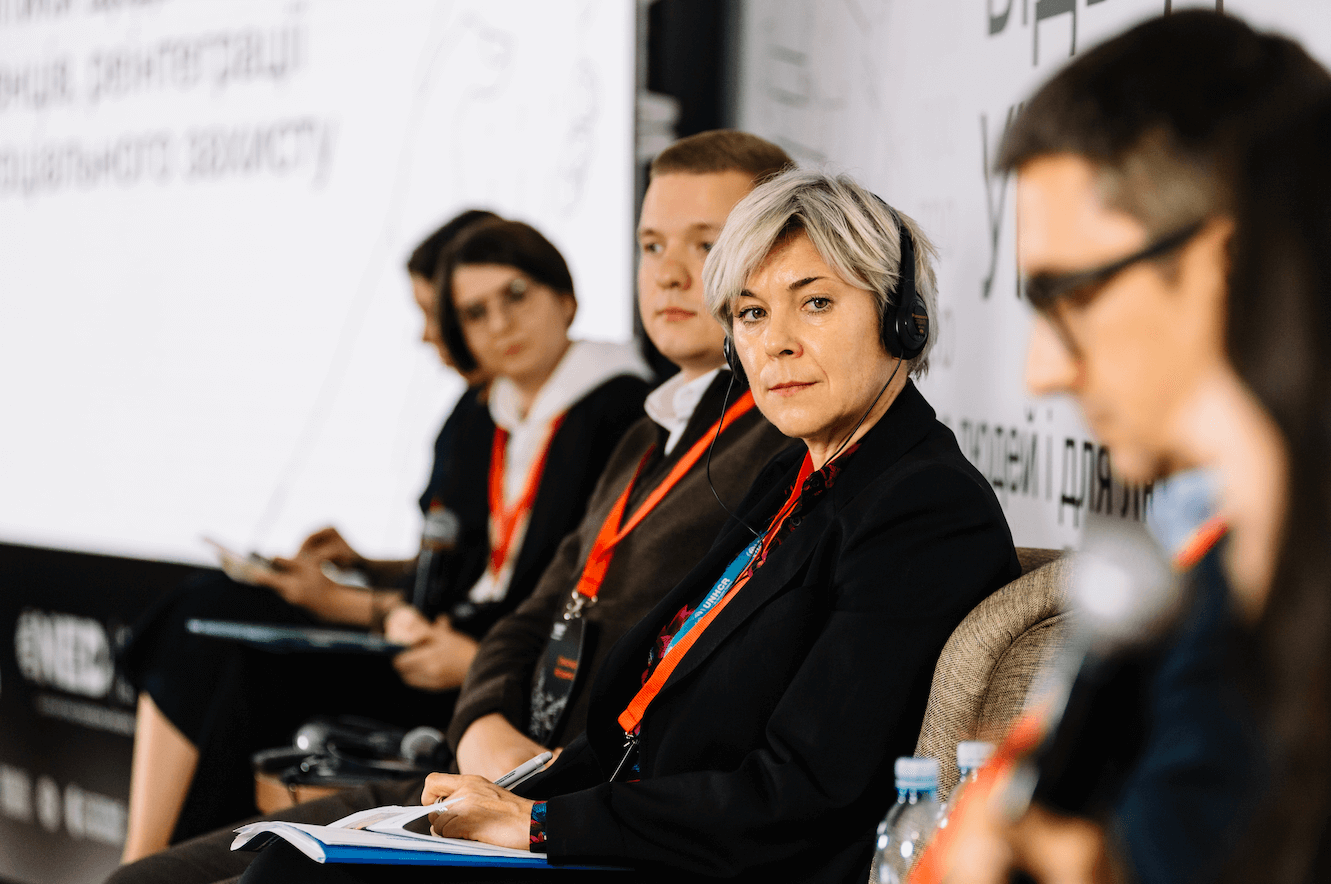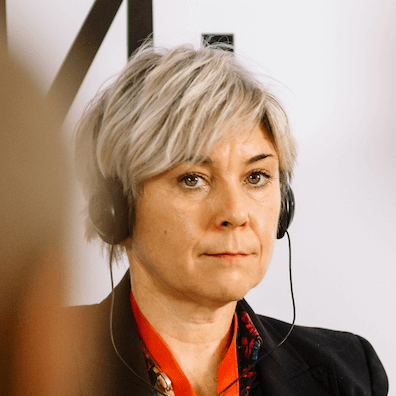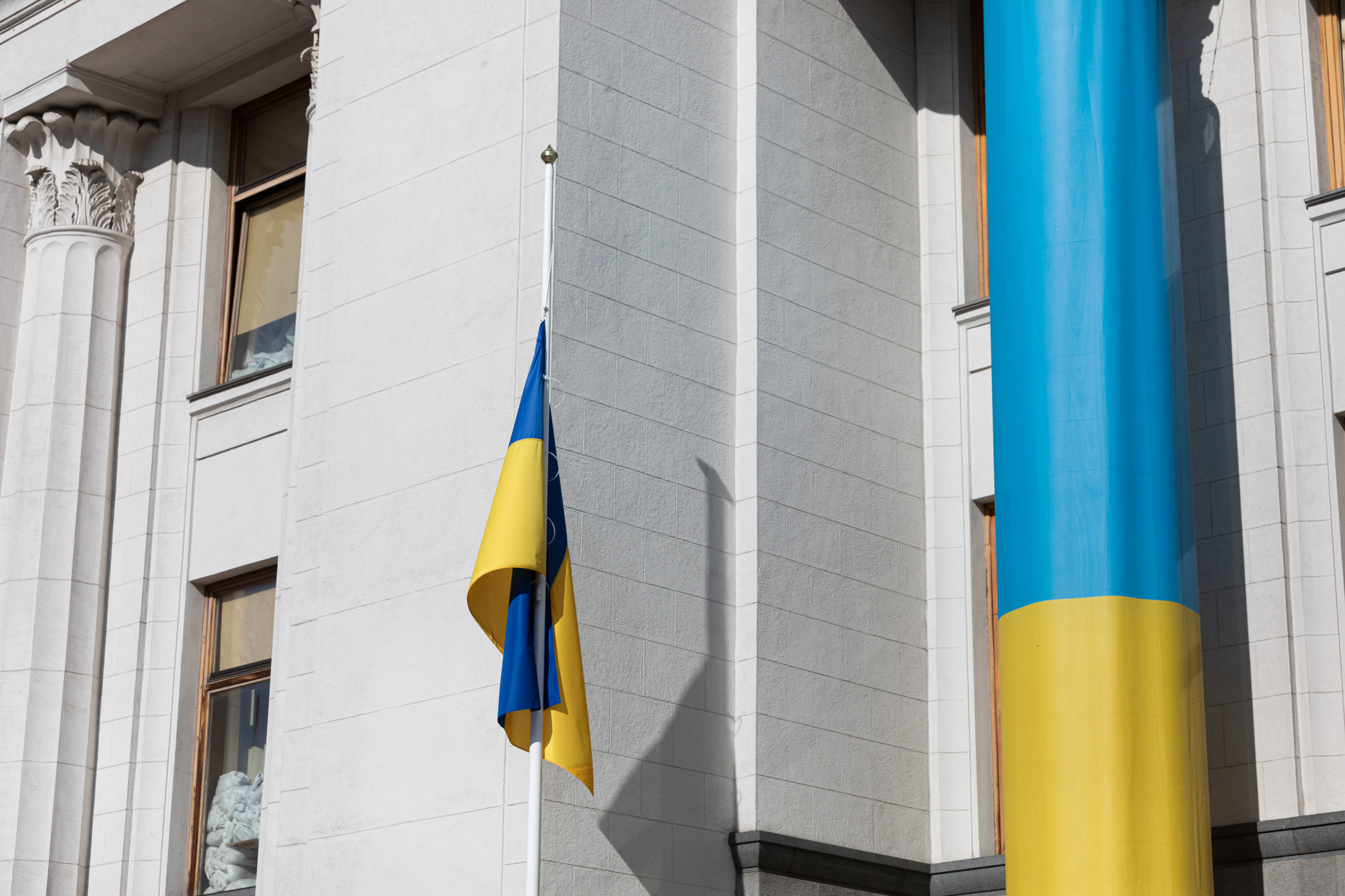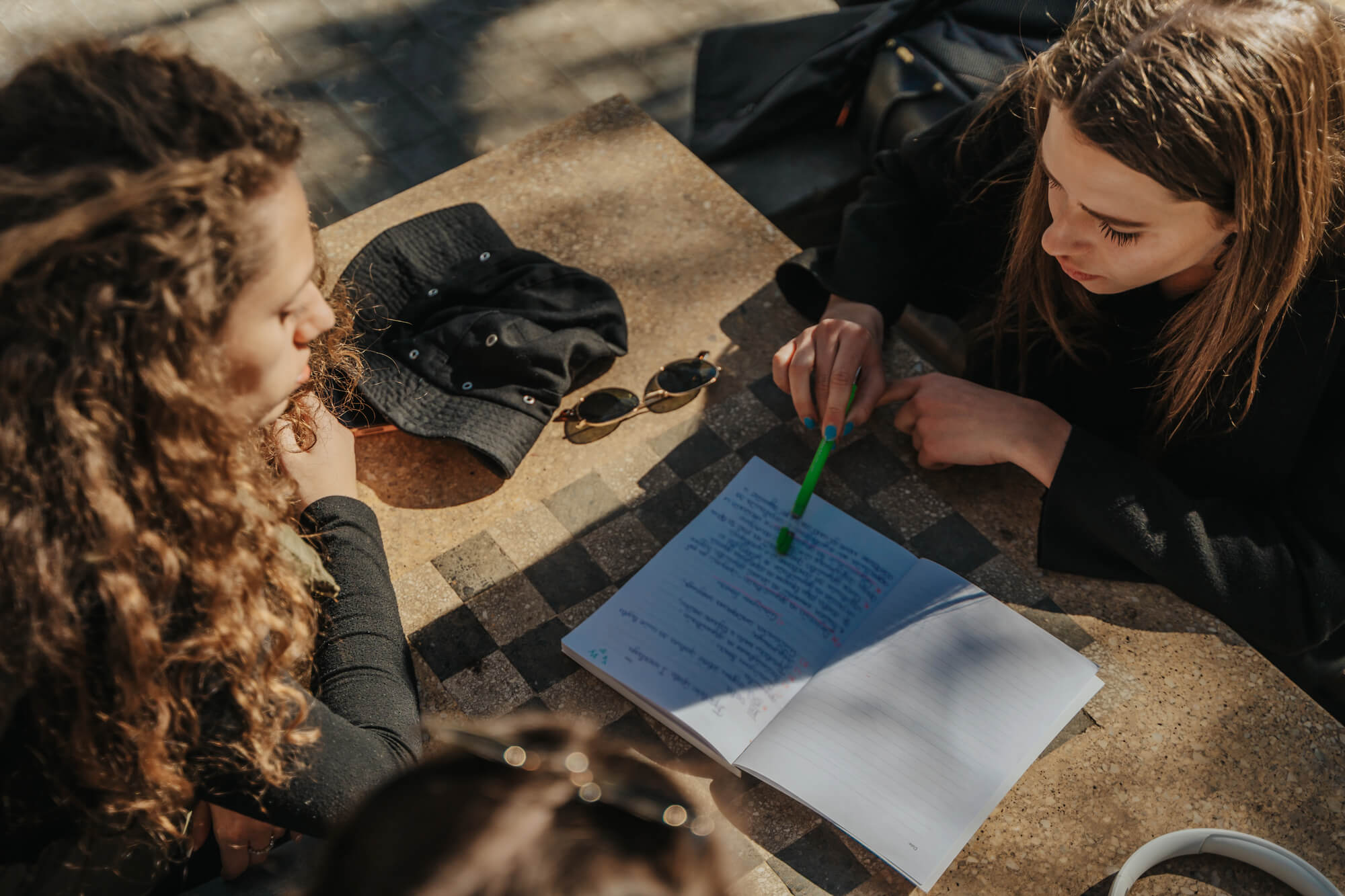Karen Whiting, Deputy Representative at the United Nations High Commissioner for Refugees (UNHCR) in Ukraine, participated in a panel discussion titled “Bringing People Back: Policies on IDPs, Refugees, Reintegration, and Social Protection” at the international conference “Rebuilding Ukraine: For People and About People.” She shared UN data on the number of refugees worldwide and the percentage of those intending to return to Ukraine. She also emphasized that the country’s reconstruction significantly influences people’s choices.
The event was organized by NGO Vox Ukraine with the support of The National Endowment for Democracy (NED) on November 10, 2023.
There are 6.2 million refugees from Ukraine recorded globally, of which about 5.9 million are registered in EU countries and Moldova, with smaller populations elsewhere, including in Canada and the United States. Activating the temporary protection directive very quickly by the European Union provided a key support. This gave Ukrainian refugees a certain amount of certainty about their legal residency and enabled them to access healthcare and enter the labor market for those able to do so. The fact that Ukrainians have access to social services, education, and the job market means that they will continue to build their capacity so that when they return home they will be able to more effectively contribute to the rebuilding and the reconstruction of Ukraine.
While there is a great amount of solidarity and welcome that has been extended to Ukrainian refugees, there is still a very strong intention to return home. UNHCR has also been conducting intention surveys that show the same. One of them, conducted in April and May) was published in July of this year. According to it, 76% expressed their intention to return home. We also surveyed internally displaced persons, and they indicated their desire to return home.
An important characteristic of Ukrainian refugees is maintaining connections. One of the things that has enabled the refugees to maintain a good bond with Ukraine has been flexibility, as they have an opportunity to come home to visit their family members and properties. Among the refugees we surveyed, some 39% had been able to go home to Ukraine at least once. We also saw that the ability to visit their homes and see the situation with their own eyes increased their intention to return home.
We continue to advocate with countries of asylum to maintain that flexibility to allow refugees to return because it helps them maintain their bond with their home country, providing them with the information they know to make an informed decision about voluntary return.
As for refugee return, it is essential that Ukraine has international support and that reconstruction is already ongoing. This helps to maintain hope and incentivizes refugees and internally displaced persons to return home. Therefore, it is necessary to highlight those areas that are most likely to experience returns in the short to medium term and to invest in communities. Together with the Ministry of Social Policy, the Ministry of Reintegration, and the Ministry of Infrastructure, we have already begun – in addition to our humanitarian work – to invest in communities of return. We see that not only security and safety are among the factors of refugee return but also access to services, quality housing, education, and jobs. The more the government of Ukraine, the international community, and local communities themselves can do to restore services by rebuilding schools and community centers and investing in mental health and psychosocial support, the more refugees will want to return home. Accordingly, the sooner Ukraine will recover.
The welcome we saw for Ukrainian refugees was certainly very encouraging, as was the activation of the temporary protection directive. For the first time, the European Union had to adapt to this size of the displacement and the large numbers of refugees. Due to cultural similarities, the ability of Ukrainian refugees to integrate into host countries was different compared to refugees from Syria, Afghanistan, or other African countries.
However, this experience will also impact the overall asylum system. We see that countries can receive refugees and integrate them into their systems and that it does not negatively impact these countries. There has been a net benefit for many countries because they are able to become more self-reliant over the longer term. While discussions are ongoing in the European Union over the asylum system reform, we hope the lessons learned from the Ukrainian situation will help maintain a flexible and open asylum system across the globe.
Attention
The authors do not work for, consult to, own shares in or receive funding from any company or organization that would benefit from this article, and have no relevant affiliations




